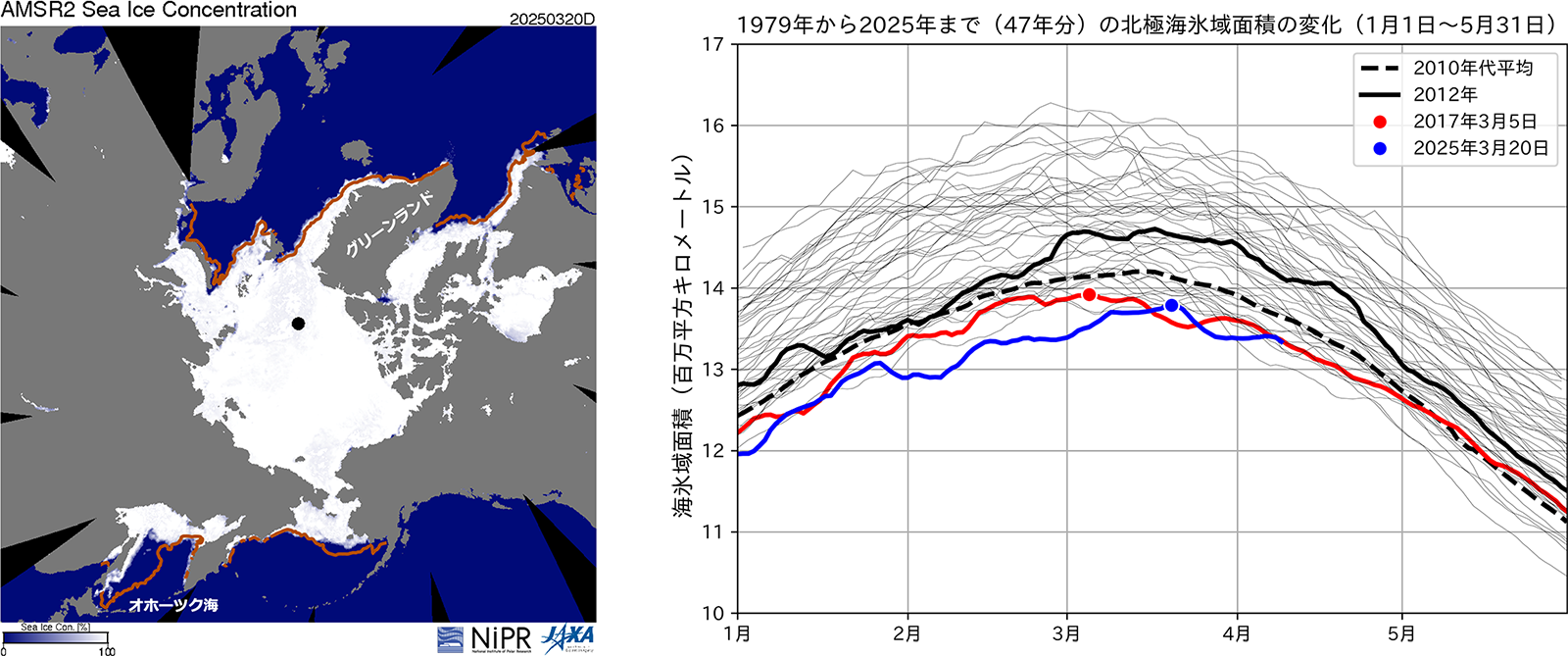2025-04-17 バージニア工科大学(VirginiaTech)
<関連情報>
- https://news.vt.edu/articles/2025/04/cnre-packaging-materials-advancement.html
- https://www.sciencedirect.com/science/article/pii/S2666893925000787
持続可能な包装フィルム材料としてのセルロースナノフィブリル(CNF)に対する新しい低圧ホモジナイゼーションプロセスのサイクルの影響 Impacts of cycles of a novel low-pressure homogenization process on cellulose nanofibrils (CNF) as a sustainable packaging film material
Belladini Lovely, Young-Teck Kim, Haibo Huang, Audrey Zink-Sharp, Maren Roman
Carbohydrate Polymer Technologies and Applications Available online: 4 March 2025
DOI:https://doi.org/10.1016/j.carpta.2025.100739

Abstract
Cellulose nanofibrils (CNF) have been among the most researched materials for their myriad advantages, yet are still facing challenges toward advanced developments due to their natural hydrophilicity affecting a broad range of properties. A simple, mildly-conditioned (low pressure at 7 MPa, for 0–25 cycles) homogenization approach was explored, and its effects on the Northern bleached softwood based-CNF films’ functional properties were investigated. Post-homogenization, promoted hydrogen bonding and fibrillation were evidenced by FTIR and surface SEM, respectively. A maintained high crystallinity (64 %) and smoother surface of homogenized CNF films (Sa, 2.64 from 4.73 μm) compared to the untreated CNF films was also achieved. The resulting decrease in oxygen permeability (0.25 from 0.48 cc.μm/m2.day.kPa, at 50 %RH) is comparable to the reference values of the commercial oxygen barrier resin brand of ethylene-vinyl alcohol (EVOH). Significant improvements in mechanical (tensile strength, 157 from 94 MPa; Young’s modulus, 3843 from 2630 MPa; and elongation-at-break, 7.59 from 5.69 %) and thermal (elastic modulus, loss modulus, damping factor, and degradation temperature) properties were confirmed. Contact angle improvement (0–60 s) was also obtained. With varying optimum homogenization cycles, this work demonstrates the prospect of a straightforward, cheap, and environmentally friendly approach in modifying CNF with enhanced processability and applicability for diverse applications.



